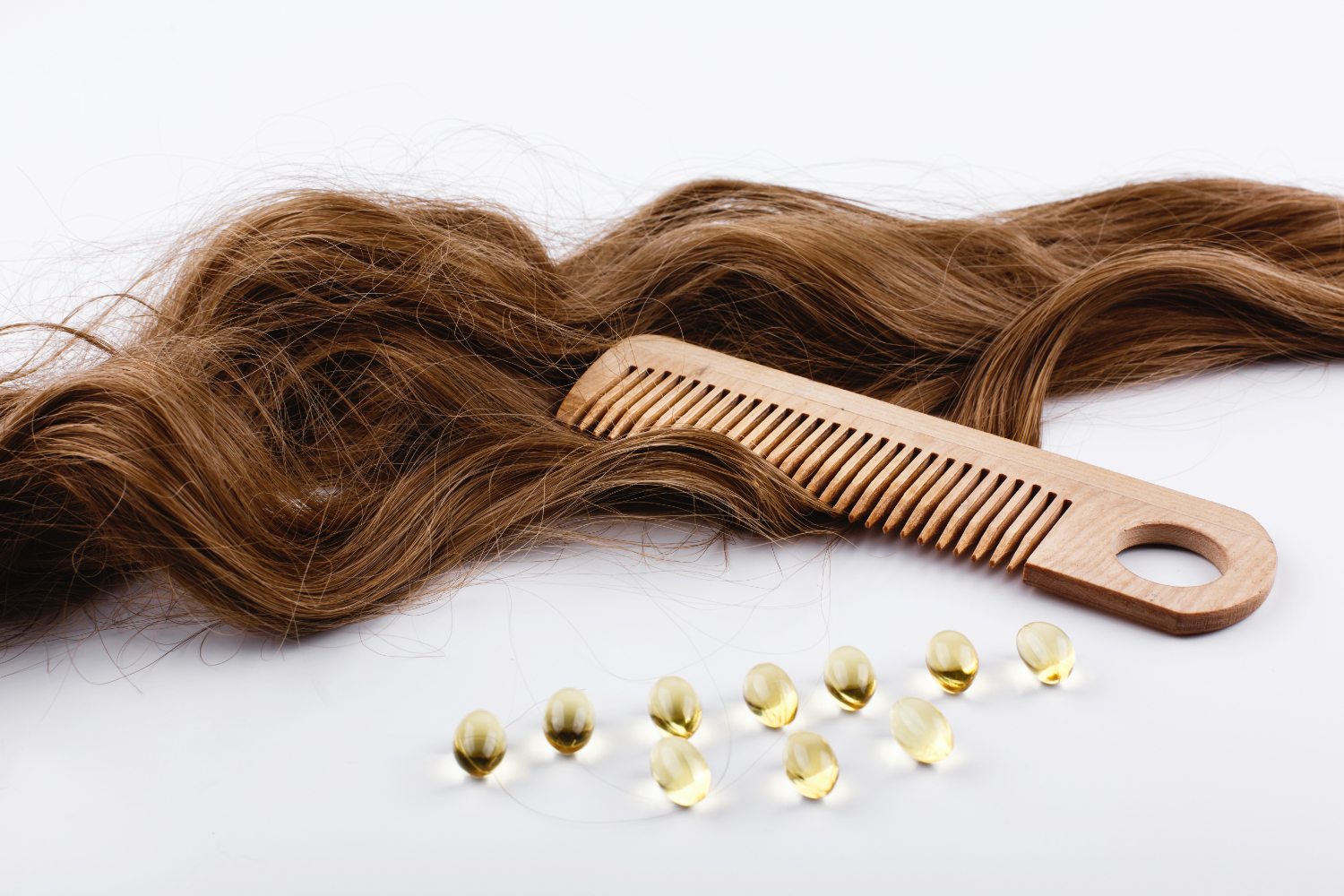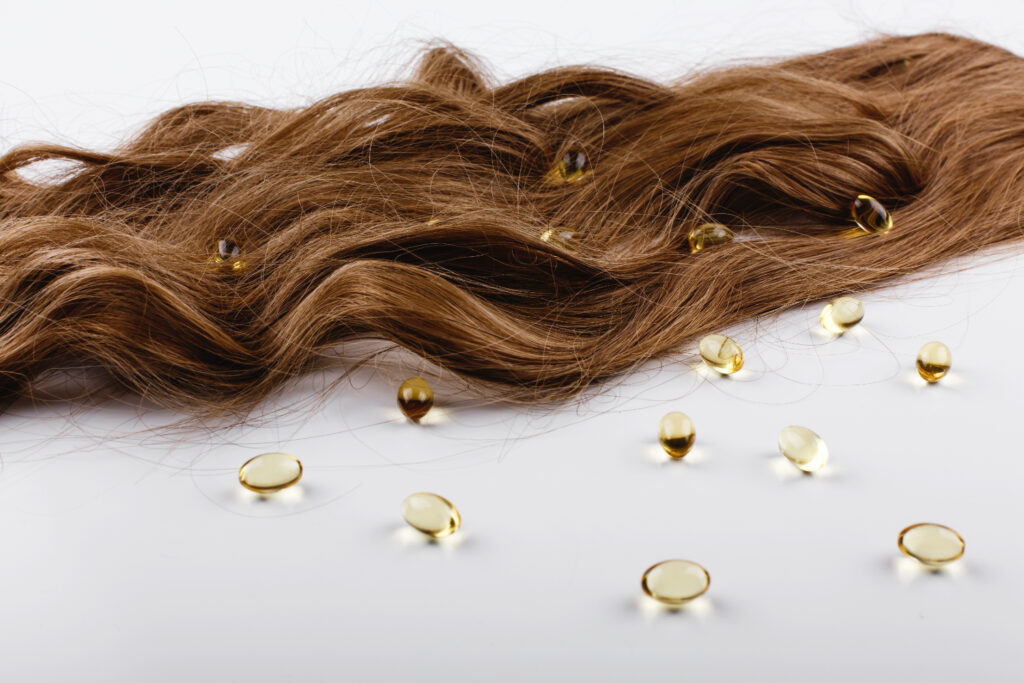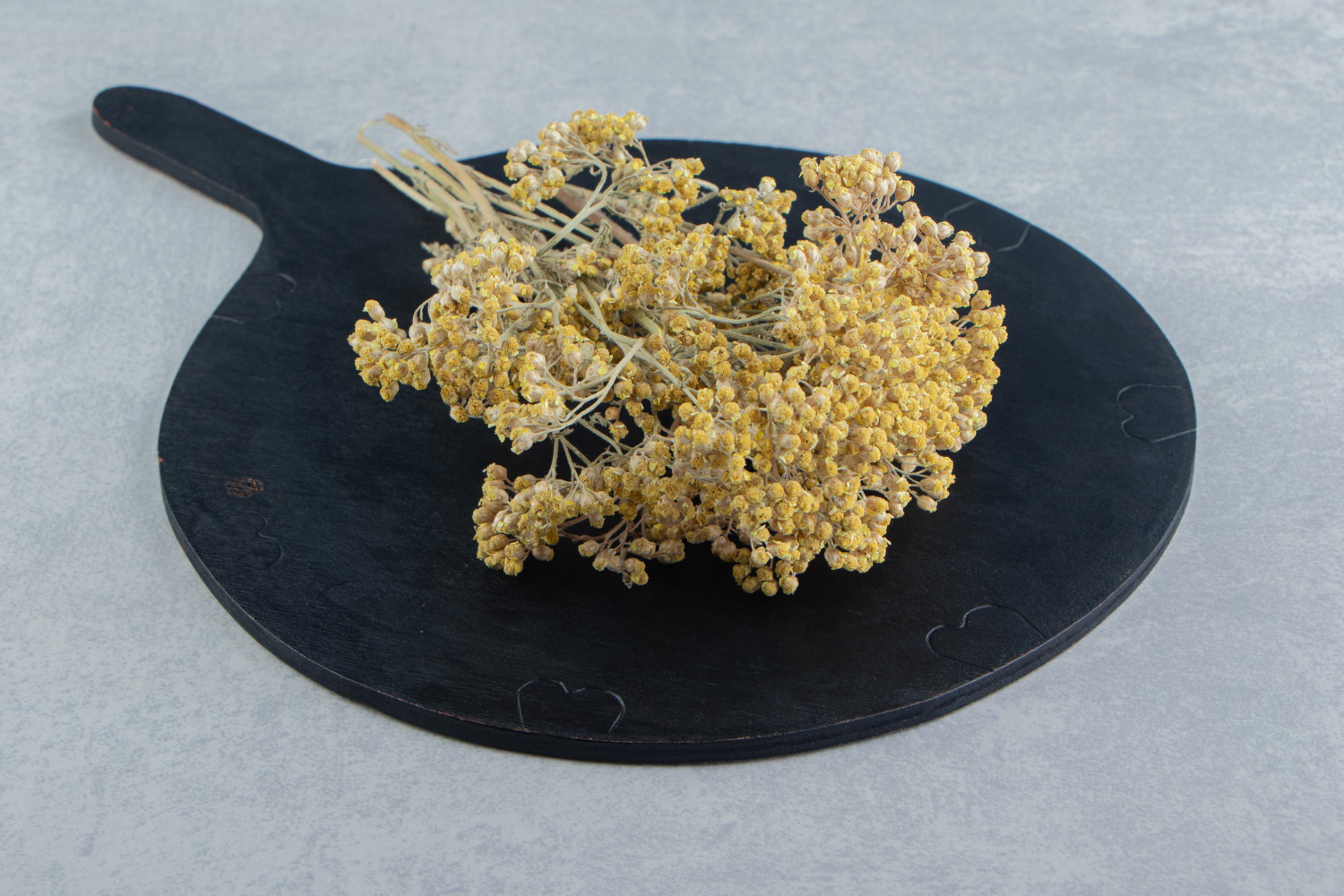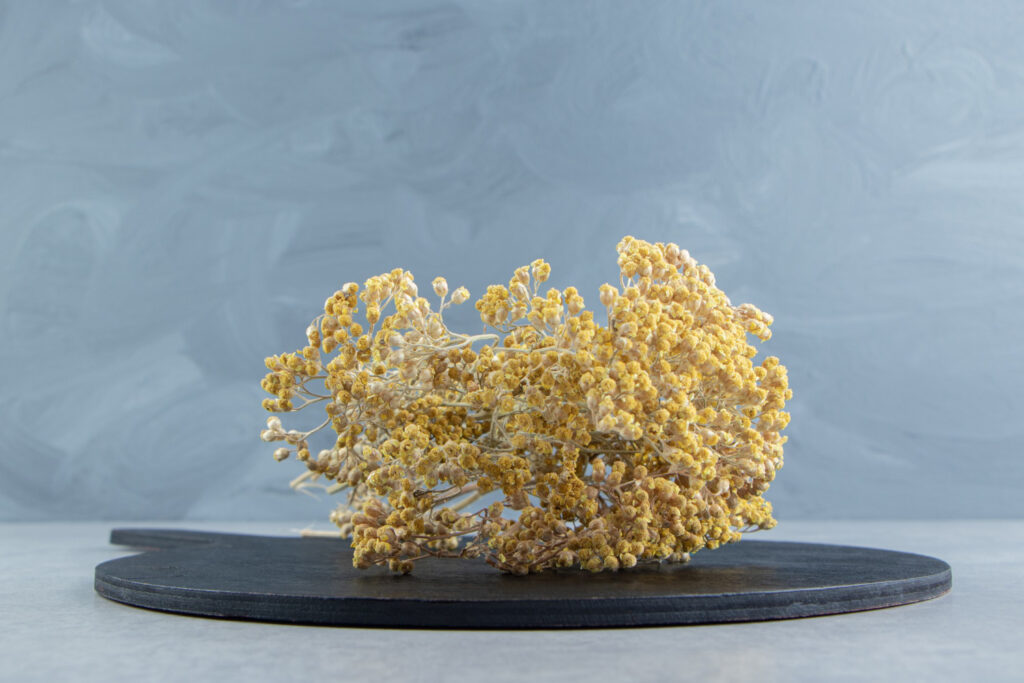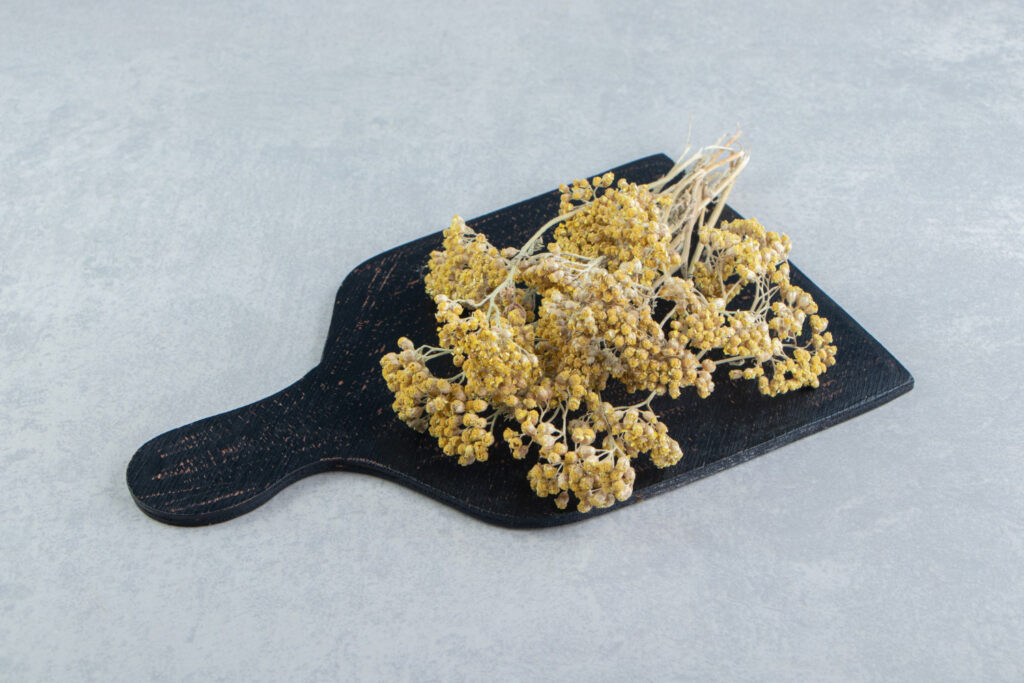The Secrets Vitamins Will Tell You for Healthy Hair!
Hair can be considered the crowning glory of the head, albeit a crown that, unlike royal versions, requires constant care! From hair falling off every now and then to dryness and frizz, hair-related problems at times make us believe-shave it all off and be done with it! But thankfully, science in hair care has always risen to such challenges with some fantastic solutions. One of the popular and effective solutions for this is hair vitamin therapy, which, apart from improving the health of your hair, ensures that your hair is at its best condition right from the root to the tip. But what is vitamin therapy, and why is it so popular?
What exactly is hair vitamin therapy?
Vitamin therapy in hair treatment is one of the methods of vitamin intake by various types of applications oral, topical, or injective. A treatment should supply the hair follicles and scalp with those substances which are really necessary for proper activity. The basic objective of such therapy can be improved due to blood circulation, a rise in nutrition, and structural reinforcement.
Difference between Vitamin Therapy and other Hair Care Treatments
While vitamin therapy acts internally, the other ways might be transient in nature because it involves some products for the care of your hair or artificial treatments. Unlike them, the problems are solved without masking in this method. Moreover, while strengthening the structures inside, this procedure has the result of giving hair health one may see for longer periods with longer action, in comparison to other therapeutic ones.
- Natural compounds used, free of harmful chemicals whereas most of the other methods comprise chemicals and medicines that have after-effects.
- Vitamin therapy is targeted on the type of vitamin your body lacks for hair growth whereas other methods will be the same and generic, no matter whether it suits an individual or not.
- Vitamin therapy would not only facilitate the hair growth but also develop the overall body health as all vitamins are basically involved in metabolic and immune activities.
- Vitamin therapy is usually less painful and has fewer side effects; it is also considered a non-invasive procedure, whereas other treatments may involve surgery or injections which are painful and have complications associated with them.
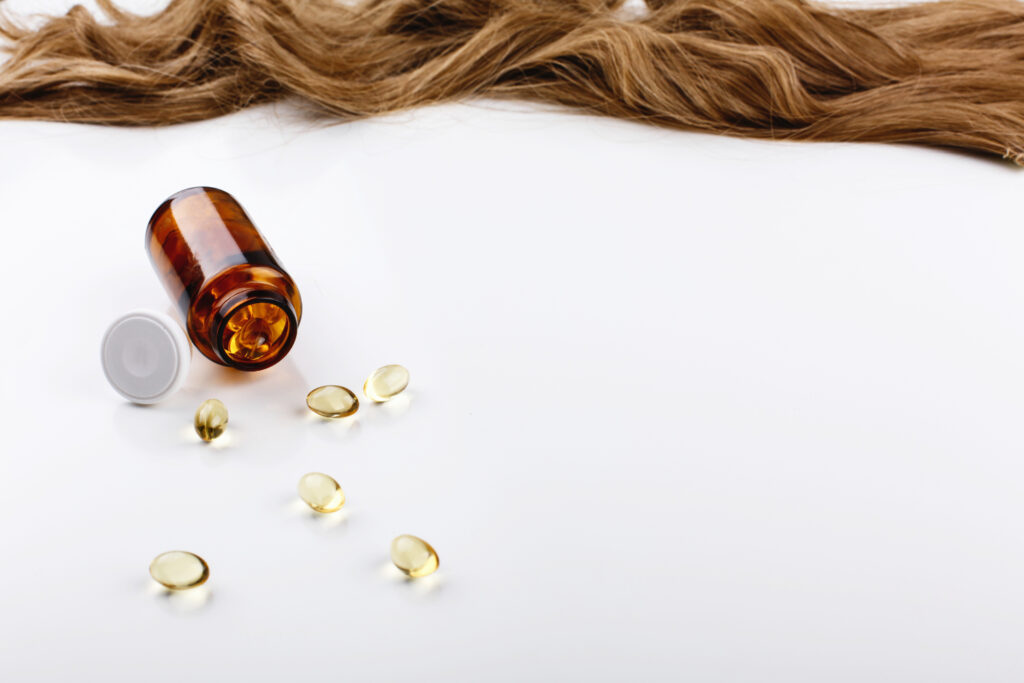
Why Vitamin Therapy?
Hair vitamin therapy has drawn much attention over the last years due to its high effectiveness and safety. Such a method is applied not only for ordinary problems like hair loss and brittleness but also can be called a prophylactic approach in order to keep hair healthy. Further, we will analyze the main advantages of this approach
- Boosting hair growth
Hair growth depends on many factors, one of which is nutrition reaching the follicles. Vitamin therapy accelerates hair growth and speeds up the growth rate by providing the vitamins necessary for it.
- Biotin (Vitamin B7)
Biotin helps produce keratin and is one of the essential vitamins to prevent hair loss. Sources of this vitamin include eggs, almonds, walnuts, and avocados.
- Vitamin D
Vitamin D deficiency is associated with hair loss since this vitamin promotes the formation of new follicles and strengthens old follicles. Sources of Vitamin D are sunlight, fatty fish, and fortified milk.
- Iron
This increases blood flow to the scalp, and more nutritional supply is carried to the follicles due to it. The food rich in iron includes red meat, poultry, fish, beans, lentils, dark green leafy vegetables.
- Reducing hair loss
Excessive hair loss is one of the most usual drawbacks amongst people. Vitamin treatment can help stop this hair loss as it strengthens the roots, resulting in a less breakage of hair.
- Vitamin B12
This vitamin develops the blood cells and increases oxygen supply to follicles. Vitamin B 12 is present naturally in red meat, chicken, salmon, eggs, etc.
- Improve hair health and shine
Antioxidant vitamins, including the use of the following two, help reduce environmental damage from UV rays and pollution, adding shine to the hair. Examples include vitamin E.
- Vitamin E
It helps blood flow in the scalp and allows the restoration of damage caused by free radicals and also caused by degradation from the atmosphere. Shine is promoted by this vitamin and dryness as well as roughness are reduced. Its natural sources include vegetable oils, nuts, and spinach.
- Vitamin C
Vitamin C improves the structure of one’s hair, protecting it from environmental damage; this is because it helps produce collagen. Secondly, sources of this vitamin are usually fruits, such as citrus fruits, kiwi, and strawberries.
- Prevention of frizz and brittleness
Dry and damaged hair cuticle leads to frizz and brittleness. The following moisturizing ingredients of vitamin therapy will provide the necessary moisture to the hair and will strengthen its structure.
- Vitamin A
Vitamin A controls the natural secretion of sebum in the scalp, which helps to prevent brittle hair, and the moisture balance maintains scalp health, too. They are medicinally sourced through carrots, sweet potatoes, and squash.
- Omega 3 & 6
These two essential fatty acids prevent dry scalp and hair and strengthen the strands of hair. The natural sources of these two fatty acids include fatty fish, flaxseed, chia seeds, fish oil, sunflower oil, sesame oil, walnut, peanuts, cashew, and dairy product.
How to find the ultimate option for skin and hair care?
With the appearance of oral supplements, various products, and clinical treatments in recent years, it has become hard to find the one that best fits each one’s needs. While all these types of methods exist, each is different in specific features and beneficial ways, however, to correctly choose, our skin and hair needs have to be identified in addition to seeking out trusted sources. In what follows, I will learn about these cases more.
- Oral Supplements
One of the most simple and common forms of vitamin therapy is the use of oral supplements. Supplements nourish from within the body by providing all the essential vitamins and minerals that form a basis for improvement in hair health. Some important points to be considered while taking supplements are as follows.
- Supplements are slow-acting drugs, and their consumption needs to be continuous for at least a few months to act effectively.
- Certain supplements absorb better with food, and their dosage timings need to be followed.
- They are taken under the observation of doctors to avoid the occurrence of complications arising due to overdose.
- Care Products
It is also effective to nourish your hair and scalp directly with topical products enriched with vitamins, such as serums and masks. Why are topical products so popular
- They are extremely good for hair cuticle strengthening and giving more softness and shine.
- These products are quickly absorbed into the hair and scalp and give more evident results.
- Clinical Procedures
The most contemporary methods in the area of hair vitamin therapy include clinical methods of mesotherapy and PRP – platelet-rich plasma. These are well explained below
- Mesotherapy
Mesotherapy includes injecting the solution containing vitamins, minerals, and other strengthening compounds right into the middle layer of the scalp. This itself results in stimulating blood circulation in the scalp and thus provides nourishment to the follicles.
- PRP (Platelet-Rich Plasma)
Herein, platelets of the blood are made to work for hair growth as platelets contain a rich content of growth factors and help rejuvenate the weak follicles. This technique especially is very much effective in treating hair loss and baldness.
Final Thoughts
Hair vitamin therapy, using a variety of methods from oral supplements to advanced clinical techniques, provides a new and effective opportunity to restore the health and beauty of the hair. This method is not only useful for strengthening hair and preventing damage, but it can also play an important role in increasing self-confidence and improving the quality of life of people. What is important is choosing the right method and observing moderation in The consumption of vitamins is in consultation with experts. The beauty and health of the hair can be easily achieved by combining science and nature, it is enough to take a smart step to take care of yourself!
Resources
Hair Vitamins: What Are They, and Do They Work?
Evaluation of the Safety and Effectiveness of Nutritional Supplements for Treating Hair Loss


